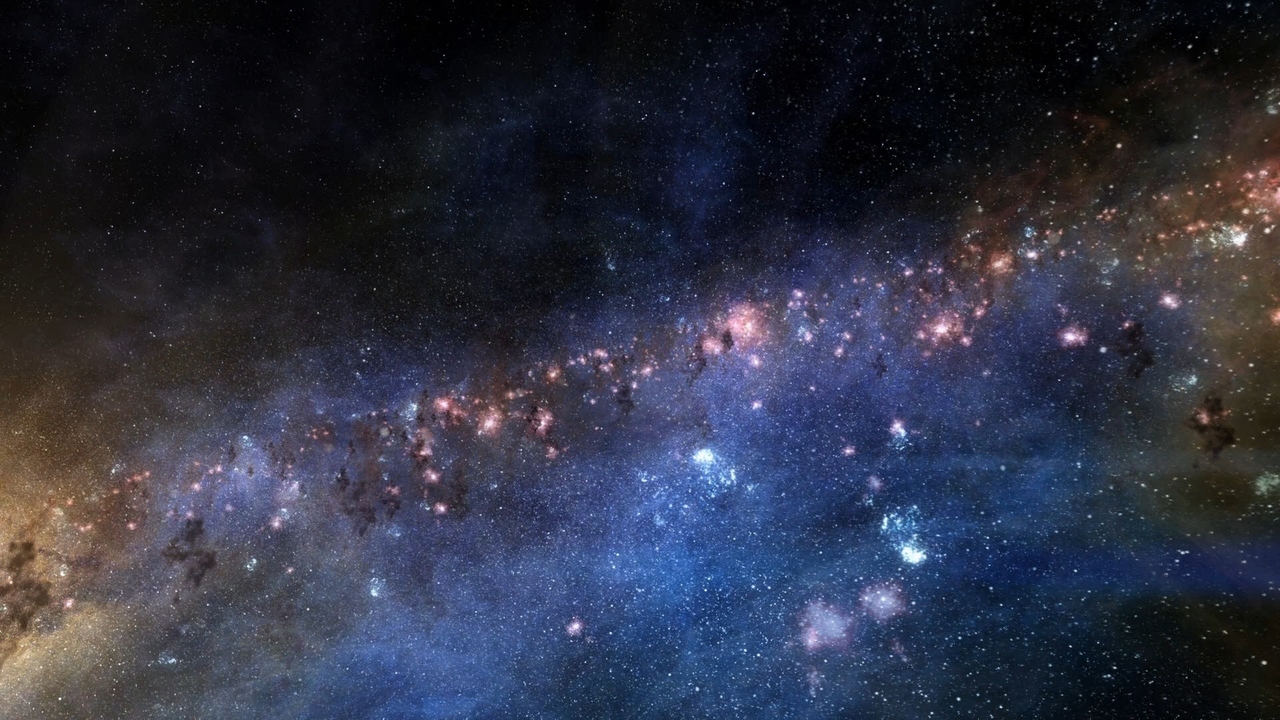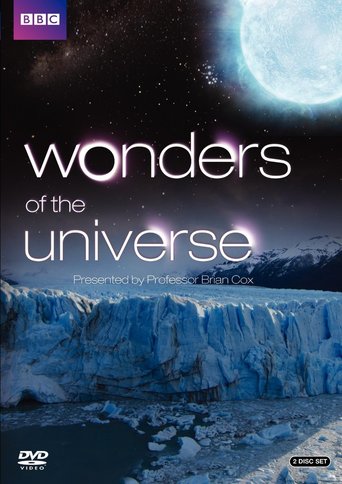Evengyny
Thanks for the memories!
Rijndri
Load of rubbish!!
SpecialsTarget
Disturbing yet enthralling
Christian
In the same scope as Carl Sagan's Cosmos (1980), although not quite as comprehensive, Brian Cox's Wonders of the Universe (2011) along with Wonders of the Solar System (2010) attempt to place humankind in the scale of the universe and explore some of physical science's more meaningful discoveries. Cox actually gives homage to science vulgarization pioneer, Sagan, in Wonders of the Universe which I will review here. Although Cox does not tackle subjects like time travel in a daring and direct way like Sagan, he is an eager, likable, scientist who engages and teaches with appropriate awe and metaphors.This time Cox is aided by breathtaking HD cinematography, coupled with the technical prowess of eye-candy CGI and post-production, but the soul-searching subject remains as the core of the text to leave us in admiration, wonder and understandably a little perplexed. He explains the content and the context well and builds the viewer's knowledge along the way.The series as a whole is a success and perhaps bridges the 30-year gap since Sagan's landmark 13-part series. Episode 1 "Destiny" defines time and describes the beginning and the end of the universe in a near- complete and cathartic way. It explains entropy, puts our existence in perspective and sets the stage for further topics and questions of the series. The second episode "Stardust" deals with chemistry from its origin to the complex carbon-based human beings that we are and the wondrously diverse world around us. It explains stellar evolution and the births and deaths of stars. It shows how everything is connected and creates a case for the continuous recycling of matter in the Universe.Episode 3 "Falling" examines gravity, but is the lesser of the series. It does not fall completely short, but is bogged down by two experiments (weightlessness - or so-called zero g - airplane and g force accelerator) and less compelling screenplay and source material. "Messengers" ends the series on a high note and looks at light as a property, but also as a code for the history and intricacies of the universe. It also relates space and time, the Big Bang and present day quite harmoniously. It demystifies myths, shows infra-red, radio and micro waves as extensions of the light spectrum smoothly, examines the importance and apparition of eyes in evolution and leaves us with a sense of unity with the universe and ongoing inquisitiveness into our nature.All in all, the series succeeds in promoting science, awakening curiosity and giving deeper meaning to things we may take for granted. It is beautiful and thoughtful. It lacks perhaps some of the detailed observations a more science savvy audience may expect, but it gives an accessible solid foundation for one to build further knowledge and explore on his own.Wonders of Life (2013) will complete the "Wonders Of" series in a BBC co-production with China's CCTV. Also, Sagan's widow and co-writer will be involved in a new Fox version of Cosmos called "Cosmos: A Space-Time Odyssey" to be aired in 2014.May science live long and prosper.
Manolis Lempidakis
I must have seen probably more or less a hundreds of documentaries, about nature , environment, and some enough for Space, Universe, Cosmos.In this Documentary, simply what you watch , what you can get its indescribable. And it is represented for this really wonderful person Professor Brian Cox. You simply can see with every word and every expression of his face, how much he loves and he is fascinated with everything he describes. One more amazing thing is that he tries and succeeds to describe so many things with simple stuff traveling all around earth, to show a simulation and to bring as close it could be, to things billions miles away. So even if you don't have any background in astronomy e.t.c you can surely watch and learn so so , but so many things. Although i would suggest some little knowledge from before so you can understand even better.Well i think , as many as i would write would never be enough.This is really the best of the many many documentaries i have seen so far ( Although you can't say such thing ). Hope he will continue the same... thank you sir Brian Cox.
Nickijah
Some reviews on here are either woefully stupid or they just don't understand the reason for this program.Now bear with me here: this is a prime time show on mainstream television. Did you understand that? No? Well just to clarify: the program doesn't assume we are all scholars in the fields of cosmology, particle physics, thermodynamics and quantum mechanics. This is a TV show, not a lecture. Although one reviewer seems to think that gravity is not a force (it is), so would have been utterly confounded by a proper lecture.As someone who does know a fair bit about cosmology I watched this show with high hopes, as I very much enjoyed the previous series Solar System. It certainly lived up to my expectations. I watched it with my mother, who previously had little interest in the subjects covered, and she became more and more fascinated as the series progressed. This, I suspect, is the whole reason for the show: to bring science to the masses, rather than keep the knowledge within a group of people who already know it. So to summarise: if you are well versed in physics and want to learn something new then you should probably avoid this show. However if you are merely interested in astronomy, cosmology et al and want a plain, easy to understand welcome to the field then I very much recommend this show.Very well done BBC!
Eddie Burdak
Fascinating subject. But instead of having a bright Astronomer do the presentation we get a particle physicist instead? :( Going off to some of the most exotic places on Earth - generally to do some seriously poor metaphor and generally loose the plot.There are some excellent bits in the middle but there really is some serious doggy pooh to wade through to get there.Professor Brina Cox has serious problems in presenting. From misunderstanding gravity (and calling it a force) to failing to comprehend that time is a man made construct and the universe doesn't care what time it is. And to try and claim during free fall he's experiencing zero gravity when he is still in the gravity field of the Earth - just free falling - well that's was just very poorly done and explained.But the worse, the absolute worse moment for me has to be when he talks about Einstein's equations of relativity and he Cox wants to make a contribution that would result in a change in those formulations - an improvement in the equations First thing to do Bri is pack up your Projector and Holiday slides and for good sake stop looking down at the camera and the audience - and actually learn to make a clear concise non confusing presentation.Poor effort BBC - poor Effort


